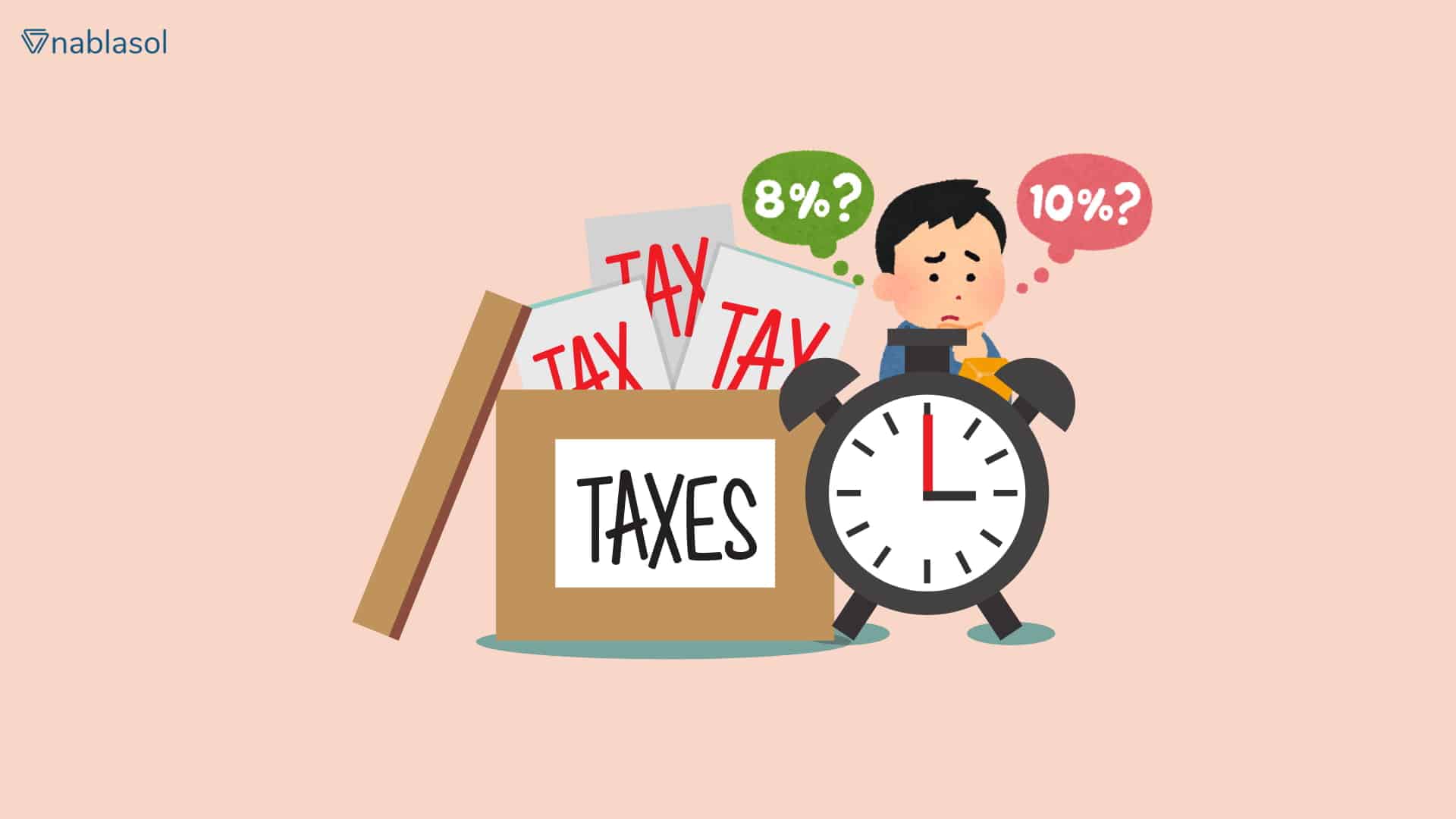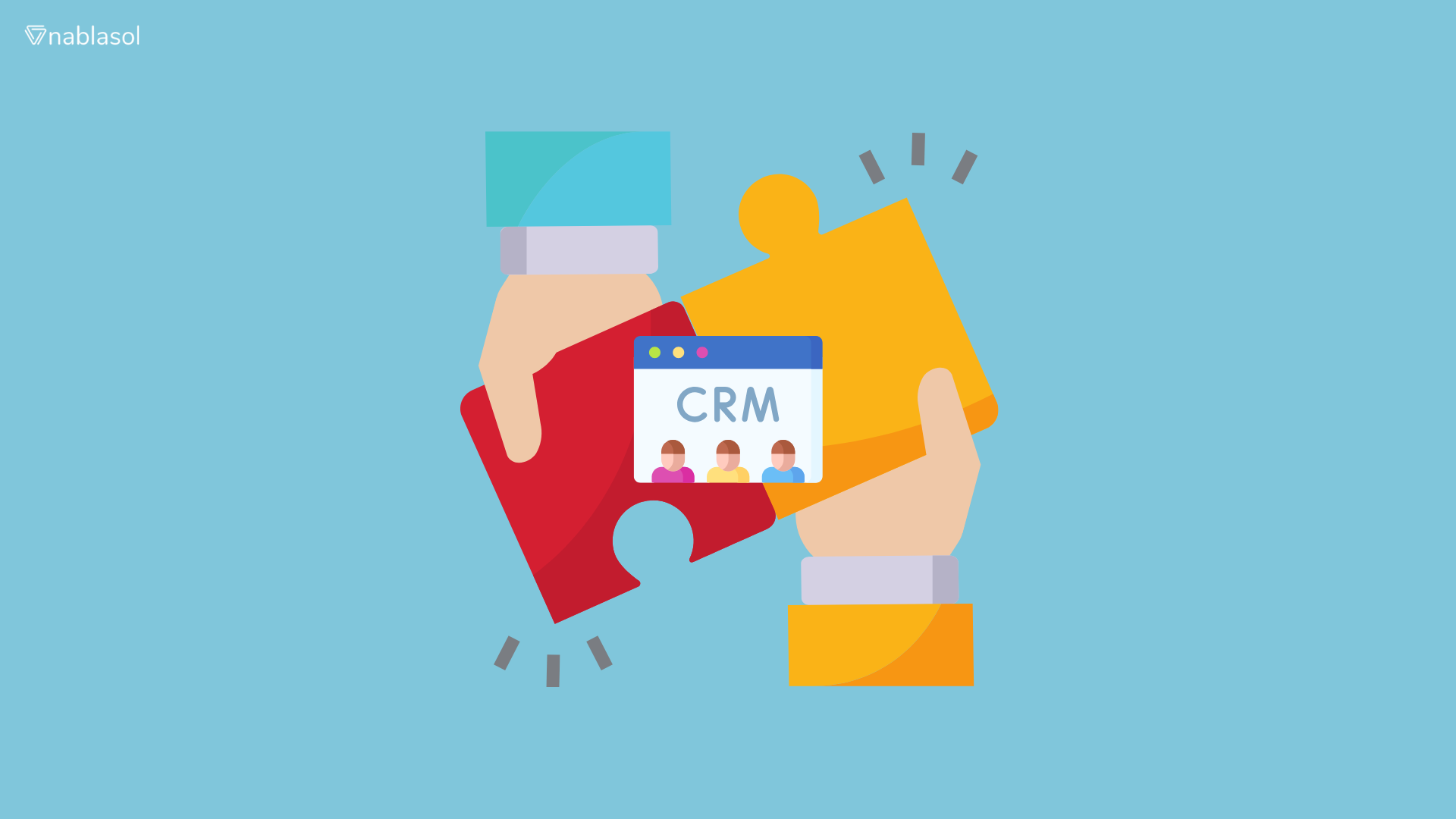The tax industry is complex and constantly evolving with regulatory changes. Expectations, and technological advancements. Managing client relationships, ensuring compliance, and maintaining efficiency are crucial for success. This is where the Customer Relationship Management (CRM) systems come into play. CRM systems streamline various processes, enhancing client management and operational efficiency. This blog explores the uses and benefits of customer relationship management in the tax industry, focusing on how CRM consulting services, CRM support, custom CRM migration, CRM integration, and CRM customization can transform tax practices.
Critical Uses of CRM in the Tax Industry
Client Management
CRM systems centralize client information, providing a comprehensive view of each Client’s interactions, history, and preferences. This centralized database allows tax professionals to manage client relationships more effectively, ensuring personalized and timely service. With CRM consulting services, firms can tailor their CRM systems to meet specific client management needs, enhancing the overall client experience.
Appointment Scheduling
Managing appointments can be daunting for tax professionals, especially during peak seasons. Customer Relationship Management systems offer automated scheduling and reminder features, reducing the risk of missed or overlapping appointments. Integrating CRM systems with calendars ensures seamless appointment management, improving client satisfaction and operational efficiency.
Document Management
Handling a large volume of documents is a significant challenge in the tax industry. CRM systems in the tax industry provide secure storage and easy retrieval of client documents, ensuring compliance with data protection regulations. With Customer Relationship Management customization, firms can create a document management system tailored to their specific needs, facilitating efficient document handling and reducing the risk of errors.
Workflow Automation
Automating routine tasks and processes is one of the most significant benefits of CRM systems in the tax industry. Workflow automation streamlines operations, reducing manual errors and saving time. SugarCRM workflow automation, for instance, enables tax professionals to automate tasks such as data entry, invoicing, and compliance tracking, allowing them to focus on more value-added services.
Billing and Invoicing
CRM systems streamline billing processes, ensuring accurate and timely invoicing. Automated billing features reduce the administrative burden on tax professionals, enhancing operational efficiency. CRM integration with accounting software further simplifies financial management, providing a seamless billing and invoicing experience.
Benefits of CRM for Tax Professionals
Improved Client Relationships
CRM systems in the tax industry enable personalized service, leading to better client retention and satisfaction. Tax professionals can build stronger client relationships by providing timely responses and customized communication. CRM consulting helps firms implement the right strategies to enhance client relationships, driving business growth.
Increased Efficiency
CRM systems reduce the administrative workload by automating routine tasks. This increased efficiency allows tax professionals to focus on more strategic activities, such as tax planning and advisory services. Customer Relationship Management support ensures the system operates smoothly, minimizing downtime and maximizing productivity.
Better Data Management
A comprehensive view of client interactions and history enhances data accuracy and consistency. CRM systems ensure all client information is up-to-date and easily accessible, improving decision-making and service delivery. Custom CRM migration allows firms to seamlessly transfer existing data to the new system, ensuring continuity and accuracy.
Enhanced Compliance
Automated compliance tracking and reporting reduce the risk of non-compliance. CRM systems help tax professionals stay updated with the latest regulations and ensure all client interactions comply with legal requirements. Customer Relationship Management customization enables firms to create compliance workflows tailored to their needs, enhancing overall compliance management.
Scalability
CRM systems are easily scalable, accommodating a growing client base. Firms can add new features and functionalities, ensuring the CRM system evolves with their business. CRM consulting services provide valuable insights into scaling the system effectively, ensuring that it continues to meet the firm’s needs.
Choosing the Right CRM for Your Tax Firm
Selecting the right CRM system is crucial for maximizing its benefits. Here are some key features to look for:

- Customizability: The CRM system should be easily customized to meet your firm needs. CRM customization allows you to tailor the system to your workflows and processes.
- Integration Capabilities: Ensure the CRM system can integrate with other software you use, such as accounting and document management tools. CRM integration simplifies data flow and improves efficiency.
- Automation Features: Look for CRM systems with robust automation capabilities, such as SugarCRM workflow automation. These features save time and reduce manual errors.
- Scalability: Choose a CRM system that can grow with your business. CRM consulting services can help you identify scalable solutions that meet your current and future needs.
- Support and Training: Opt for a comprehensive support and training CRM provider. CRM support ensures your team can use the system effectively and troubleshoot any issues.
The Impact of CRM Systems on the Tax Industry
Implementing a Customer Relationship Management (CRM) system in the tax industry can significantly impact business operations and client relations. As tax professionals navigate the complexities of client management, compliance, and administrative tasks, CRM systems offer a streamlined approach that drives efficiency and client satisfaction. Here, we delve into the transformative effects of CRM systems on tax firms.
Enhanced Client Relationships
At the core of CRM systems is the ability to manage client relationships effectively. By centralizing client information, tax professionals can access comprehensive client profiles that include interaction history, preferences, and specific needs. This centralized data enables personalized service, fosters stronger client relationships, and enhances satisfaction. Personalized interactions, timely follow-ups, and tailored solutions improve client retention and build trust and loyalty.
Increased Operational Efficiency
One of the most significant impacts of CRM systems is enhancing operational efficiency. Automating routine tasks such as appointment scheduling, document management, and billing frees up valuable time for tax professionals. For instance,
features like SugarCRM workflow automation streamline processes, reducing the manual workload and minimizing errors. This automation leads to faster turnaround times and allows professionals to focus on higher-value tasks such as strategic tax planning and advisory services. The result is a more productive and efficient operation that can handle more work with the same resources.
Improved Data Management
CRM systems excel in data management by providing a centralized and organized repository for all client-related information. This centralization ensures data accuracy and consistency, crucial for making informed decisions and providing accurate services. The ability to quickly retrieve and update client information enhances responsiveness and reduces the risk of errors. Additionally, custom Customer Relationship Management migration ensures that existing data is seamlessly transferred to the new system, maintaining data integrity and continuity.
Enhanced Compliance and Risk Management
Compliance is a critical aspect of the tax industry, with strict regulations governing data protection and reporting. CRM systems aid in compliance management by automating tracking and reporting processes. Automated compliance workflows meet all regulatory requirements, reducing non-compliance risk and associated penalties. CRM customization allows firms to tailor compliance features to their needs, ensuring the system aligns with regulatory standards and internal policies.
Scalability and Adaptability
As tax firms grow, their needs evolve. CRM systems offer scalability, allowing firms to expand their operations without significant disruptions. New features and functionalities can be added, ensuring the CRM system supports the firm’s growth. Customer Relationship Management consulting services provide valuable insights into scalable solutions, helping firms adapt their CRM systems to changing business environments. This adaptability is crucial for maintaining efficiency and competitiveness in a dynamic industry.
Cost Savings and Revenue Growth
The efficiency gains from customer relationship management systems translate into cost savings for tax firms. Firms can lower operational costs by reducing the time spent on administrative tasks and minimizing errors. Additionally, improved client relationships and satisfaction lead to higher client retention rates and referrals, driving revenue growth. CRM integration with other business systems, such as accounting software, further streamlines operations and enhances financial management.
CRM Consulting: Tailoring CRM Solutions for Tax Firms
Implementing a CRM system in a tax firm is more than just installing software—it requires a strategic approach to maximize its benefits. CRM consulting services play a crucial role in understanding the unique needs of tax professionals and tailoring CRM solutions accordingly. Here’s how CRM consulting can significantly enhance the effectiveness of CRM systems in the tax industry:
1. Needs Assessment and Customization:
CRM consultants begin by conducting a thorough needs assessment, analyzing existing workflows, client interaction patterns, and operational challenges specific to tax practices. This assessment helps in customizing the CRM system to align with the firm’s unique processes, ensuring seamless integration into daily operations.
2. Strategic Implementation Planning:
CRM consulting involves developing a strategic roadmap for CRM implementation. This includes setting clear objectives, defining milestones, and outlining a timeline for deployment. Consultants work closely with tax professionals to ensure smooth integration with existing systems and minimal disruption to ongoing operations.
3. Training and Change Management:
Effective use of CRM systems requires proper training and change management. CRM consultants provide comprehensive training sessions tailored to different user roles within the tax firm. This ensures that all team members are proficient in using the CRM system to its full potential, maximizing productivity and minimizing resistance to change.
4. Continuous Optimization and Support:
CRM consulting is an ongoing process that extends beyond implementation. Consultants monitor system performance, gather user feedback, and identify areas for optimization. Regular updates and system enhancements ensure that the CRM system evolves with the firm’s changing needs and industry trends.
5. Integration with Business Strategy:
CRM consultants help tax firms align their CRM strategy with overall business objectives. Whether it’s enhancing client retention, improving operational efficiency, or scaling business operations, consultants provide insights and recommendations to leverage CRM capabilities effectively.
6. Compliance and Security:
In the highly regulated tax industry, compliance and data security are paramount. CRM consultants ensure that the CRM system meets industry standards for data protection and regulatory compliance. This includes implementing robust security measures and configuring compliance workflows to mitigate risks.
7. Maximizing ROI:
Ultimately, CRM consulting aims to maximize return on investment (ROI) for tax firms. By optimizing CRM systems for efficiency, enhancing client relationships, and reducing operational costs, consultants help firms achieve sustainable growth and competitive advantage in the market.
Conclusion
The impact of CRM systems on the tax industry is profound, offering a range of benefits that drive business success. CRM systems transform tax professionals’ operations by enhancing client relationships and increasing operational efficiency to improve data management and compliance. By leveraging CRM consulting services, custom CRM migration, and customer relationship management customization, tax firms can unlock the full potential of their CRM systems. Embracing CRM technology is essential for staying competitive, meeting client expectations, and achieving sustainable growth in the tax industry.
In conclusion, CRM systems offer numerous benefits for the tax industry, from improving client relationships to enhancing compliance and operational efficiency. Tax firms can transform their practices and achieve tremendous success by leveraging CRM consulting services, custom CRM migration, integration, and customization. Embracing customer relationship management technology is essential for staying competitive in today’s fast-paced and ever-changing evolving tax landscape. Whether you are a small tax firm or a large organization, implementing a CRM system can be a game-changer, driving growth and client satisfaction.
By focusing on the right CRM features and working with experienced CRM consultants, tax professionals can unlock the full potential of their CRM systems. The future of tax practice lies in the seamless integration of technology and client-centric approaches, and CRM systems are at the forefront of this transformation.



